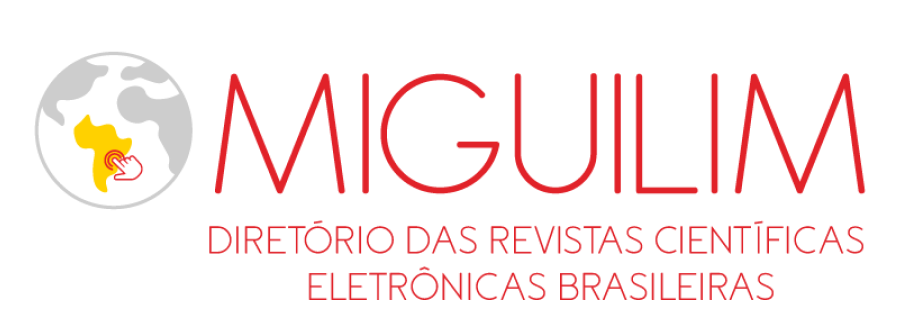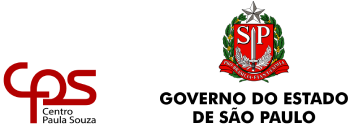Innovative pedagogic practices on the higher technologic teaching: possibilities of articulation among the college subjects
DOI:
https://doi.org/10.5281/zenodo.15541004Keywords:
Curriculum, Interdisciplinarity, English language, New Practices in TeachingAbstract
Considering global society and its characteristics of permanent technological development and consequently the competitiveness, the demands of the market become more intense, requiring professionals that are not only specialized and capable but also flexible. To attend this demand the technological courses at Universities look for new organizational conceptions that allow the management of new disciplines such English in a common theoretical system. This study deals with a case study that demonstrates the flexibility offered by teaching practices involving interdisciplinarity that extend the areas of skills and approach the subjects. The use of specific text reporting the progress of chemistry, for instance, as a science and its influence in the world, favors expansion schemes and cognitive development of new concepts. The more effective participation of the students through seminars and situations of simulation as well as interpretative readings, allows that each student becomes closer to the other ones and also improves the exchange of experiences and cooperation, minimizing the distances between disciplines. Thus, foreign language teaching is optimized, and the students go the professional market better repared to compete with others and meet the current requirements imposed by modern society.
Downloads
References
CPS. Sobre o Centro Paula Souza. 2018. Disponível em: <http://www.cps.sp.gov.br/sobre-o-centro-paula-souza/>. Acesso em: 10 dezembro 2016.
FAZENDA, I. O que é interdisciplinaridade. Cortez. São Paulo, 2008.
GALLO, Sílvio. Transversalidade e educação: pensando uma educação não-disciplinar. In: ALVES, N. & Garcia, R.L. (org.) O sentido da Escola. Rio de Janeiro: DP&A, 2000.
MORIN, E. Os sete saberes necessários à educação do futuro. Tradução de Catarina Eleonora F. da Silva e Jeanne Sawaya; revisão técnica de Edgard de Assis Carvalho. 2. ed. São Paulo: Cortez. Brasília, DF: UNESCO, 2000.
PETEROSSI, H.G., Fundamentos e práticas em educação profissional e tecnológica - subsídios ao estudo da educação profissional e tecnológica - CEETEPS - Centro Estadual de Educação Tecnológica Paula Souza. São Paulo, Centro Paula Souza, 2014.
SAVIANI, D., Escola e democracia. Campinas: Autores Associados, 2003.
Published
How to Cite
Issue
Section
Copyright (c) 2018 Revista Processando o Saber

This work is licensed under a Creative Commons Attribution 4.0 International License.
Os direitos autorais dos artigos publicados pertencem à Revista Processando o Saber e seguem o padrão Creative Commons (CC BY), que permite o remixe, adaptação e criação de obras derivadas do original, mesmo para fins comerciais. As novas obras devem conter menção ao(s) autor(es) nos créditos.























